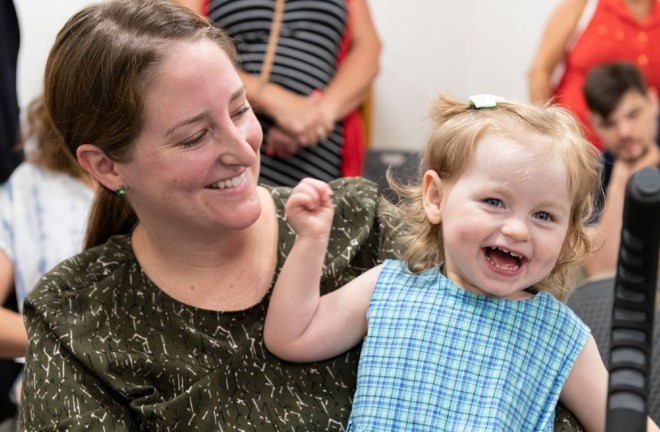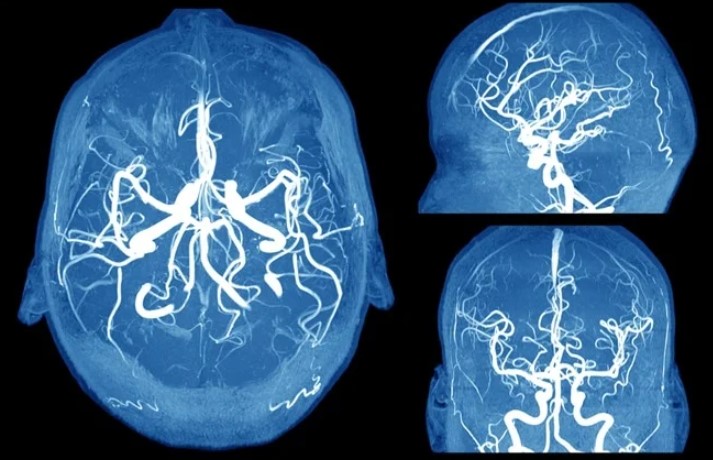Understanding Aphasia: Symptoms, Causes, and Treatments


Aphasia is a condition that affects a person’s ability to communicate, often due to brain damage. Whether you’ve recently been diagnosed, know someone who has, or simply want to learn more, this article aims to shed light on the complexities of aphasia.
What is Aphasia?
Aphasia is a language disorder that impairs a person’s ability to process language, but it does not affect intelligence. It can occur suddenly after a stroke or head injury or develop slowly from a growing brain tumor or disease. There are several types of aphasia, each affecting different aspects of communication.
Symptoms of Aphasia
Individuals with aphasia may experience:
- Difficulty speaking
- Trouble understanding speech
- Challenges with reading and writing
- Struggles with word recall
These symptoms can vary significantly depending on the severity and type of aphasia.
Causes of Aphasia
Aphasia typically results from damage to the parts of the brain responsible for language. Common causes include:
- Strokes: The most frequent cause, particularly ischemic strokes where a blood clot blocks a vessel in the brain.
- Traumatic brain injuries: Accidents that cause severe head injuries can lead to aphasia.
- Neurological disorders: Conditions like Alzheimer’s disease can progressively impair language abilities.
Types of Aphasia
Understanding the different types of aphasia is crucial for diagnosis and treatment:
- Broca’s Aphasia: Characterized by broken speech and difficulty forming sentences.
- Wernicke’s Aphasia: Marked by fluent but nonsensical speech and difficulty understanding language.
- Global Aphasia: Severe form where both comprehension and expression are significantly impaired.
- Anomic Aphasia: Difficulty in naming objects, even though the person can speak and understand well.
Diagnosis of Aphasia
Diagnosing aphasia involves several steps:
- Medical history and physical examination: Initial assessments to understand the background and symptoms.
- Neurological tests: Evaluating language skills, comprehension, and expression.
- Imaging techniques: MRI or CT scans to pinpoint brain damage.
The Impact of Aphasia on Daily Life
Living with aphasia can be challenging:
- Emotional and social effects: Frustration, depression, and social withdrawal are common.
- Practical challenges: Difficulty in daily communication affects work, relationships, and independence.
Treatment Options for Aphasia
While there’s no cure for aphasia, various treatments can help manage the condition:
- Speech and language therapy: Tailored exercises to improve communication skills.
- Technological aids: Apps and devices that assist with speaking and understanding.
- Medications: In some cases, drugs can help alleviate symptoms.
Role of Family and Caregivers
Family and caregivers play a vital role in supporting those with aphasia:
- Providing support: Emotional and practical assistance to boost morale.
- Encouraging communication: Engaging in conversations and activities that stimulate language use.
Living with Aphasia
Adapting to life with aphasia involves:
- Coping strategies: Techniques to manage communication difficulties, such as using gestures or writing.
- Support groups and resources: Connecting with others facing similar challenges for mutual support.
Preventive Measures
Although not all causes of aphasia can be prevented, certain measures can reduce risk:
- Reducing the risk of stroke: Managing blood pressure, avoiding smoking, and leading a healthy lifestyle.
- Maintaining brain health: Regular mental exercises, a balanced diet, and physical activity.
Recent Research and Advances
Exciting progress is being made in the field of aphasia treatment:
- New treatment methodologies: Innovative therapies and interventions are being tested.
- Ongoing studies: Research continues to explore the mechanisms and potential treatments for aphasia.
Myths and Facts About Aphasia
There are many misconceptions about aphasia:
- Common myths: “People with aphasia are not intelligent,” or “They will never improve.”
- Facts: Aphasia does not affect intelligence, and with therapy, many people see significant improvement.
FAQs about Aphasia
Q1: Can aphasia be cured? A: There is no cure, but many people improve with therapy and support.
Q2: Is aphasia only caused by strokes? A: No, it can also result from head injuries, tumors, and neurological diseases.
Q3: How long does it take to recover from aphasia? A: Recovery time varies; some people see improvement in months, while others may take years.
Q4: Can children develop aphasia? A: Yes, though it is more common in adults, children can develop aphasia due to brain injuries or congenital conditions.
Q5: Are there any support groups for aphasia? A: Yes, there are numerous support groups and online communities for people with aphasia and their families.
Conclusion
Understanding aphasia is the first step in managing this complex condition. With the right support and resources, individuals with aphasia can lead fulfilling lives. The journey may be challenging, but with determination and assistance, improvement is possible.






